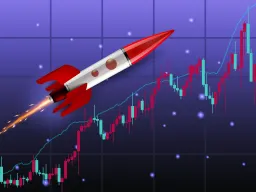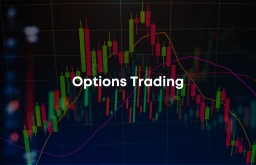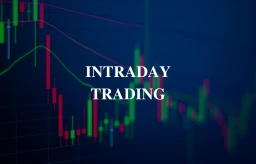What is Arbitrage Trading? How does it work?

Arbitrage trading can be done in multiple markets, including stocks, options, commodities, and even cryptocurrency. In this article, we will explore how arbitrage trading works and some of the strategies that traders use to take advantage of market discrepancies.
What is Arbitrage Trading?
Arbitrage trading is the process of buying and selling assets. This is in order to take advantage of pricing discrepancies between different markets.
For example, if you were to buy a stock for $100 on one exchange and then sell it immediately on another exchange for $110, you would be arbitraging the price difference.
Arbitrage trading can be a very profitable strategy, but it requires split-second timing and often high capital requirements in order to make money.
How does Arbitrage Trading work?
Arbitrage trading is a type of trading that takes advantage of differences in prices between different markets. It is a risk-free form of trading that can be used to generate profits by buying and selling assets in different markets.
Here’s an example:
Let’s say you think the price of gold is going to rise. You could buy gold in the spot market and then sell it immediately in the futures market. If the price of gold rises, you will make a profit. If the price of gold falls, you will not make a profit, but you will not lose money either because you have locked in a price.
Arbitrage trading can be done in any market where there are two different prices for the same asset. It is most commonly done in commodities, currencies, and stocks.
Is Arbitrage Trading legal?
Arbitrage trading is generally considered legal. However, there are some cases where it may be illegal depending on the circumstances. For example, if the arbitrage trade involves insider information or manipulation, it may be considered illegal.
 Arbitrage Trading
Arbitrage TradingHow do you become an Arbitrage Trader?
In order to become an arbitrage trader, one must first understand what arbitrage is and how it works. Arbitration is the practice of taking advantage of a price difference between two or more markets. For example, if the price of a security on one exchange is lower than the price of the same security on another exchange. The arbitrageur will buy the security on the first exchange and sell it on the second exchange. Thus, he will be pocketing the difference in price. This type of trading requires quick reflexes, a keen eye for spotting opportunities, and a strong understanding of market mechanics.
To be successful at this, you need to have access to multiple sources of market information. This is so that you can spot discrepancies. You also need to be able to trade rapidly; most arbitrage opportunities only exist for a brief window of time before they disappear. Finally, you need to have enough capital to take advantage of these opportunities when they arise.
If you are considering to become an arbitrage trader, there are a few ways to get started. Many online brokerages offer direct access to exchanges, giving you the ability to trade directly from your brokerage account. Alternatively, you can open up accounts with multiple brokerages so that you have access to more exchanges. Whichever route you choose, make sure that you do your research so that you understand how each exchange works and what fees they charge for trades.









